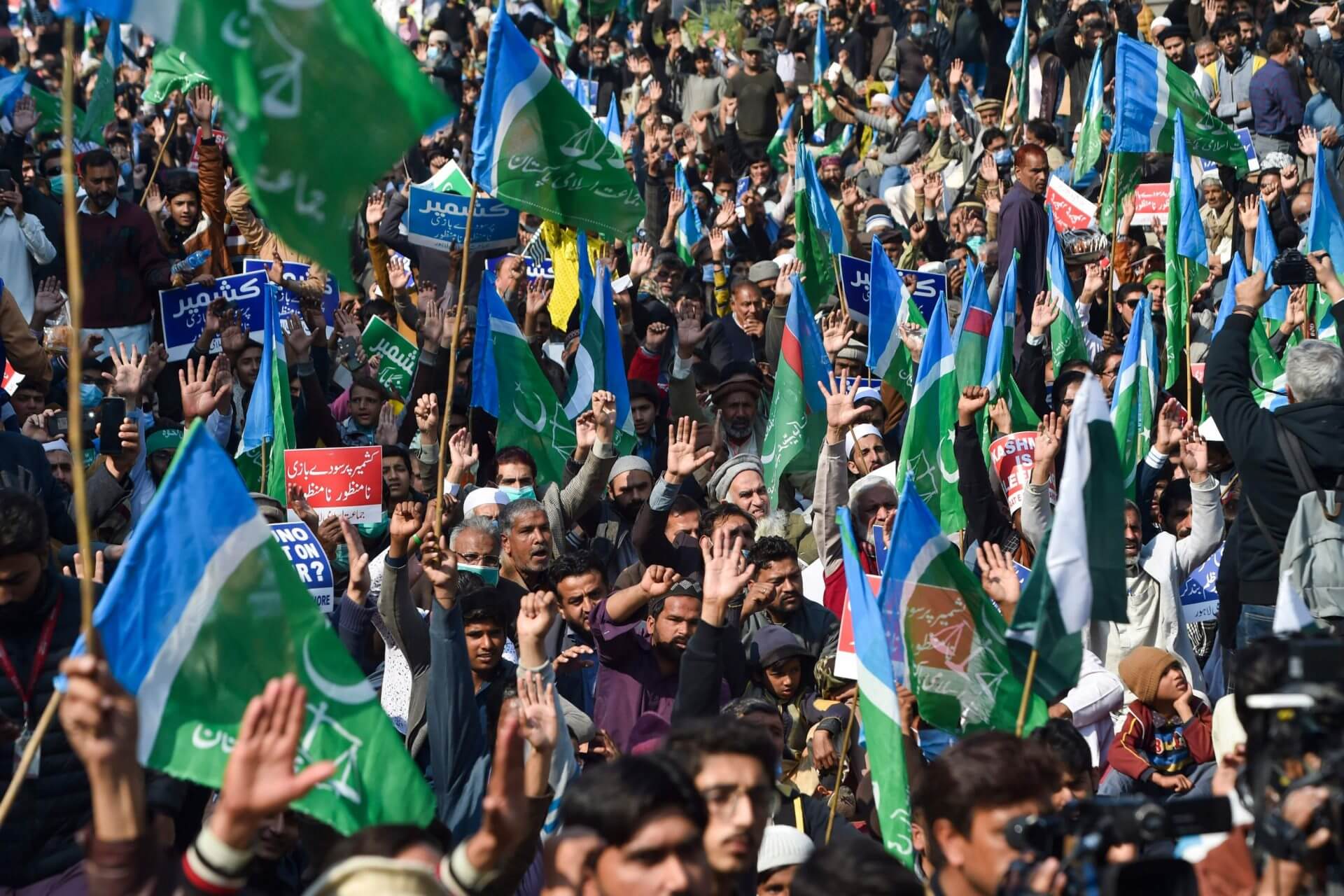On Tuesday morning, Bangladeshi police arrested Islamist party Jamaat-e-Islaami chief Shafiqur Rahman in Bashundhara and put him on a seven-day remand over his alleged involvement in militant activities.
Counter Terrorism and Transnational Crime chief Mohammad Asaduzzaman confirmed the arrest to local newspaper The Daily Star, noting that authorities would make the details of the charges public later.
The JeI chief’s son, Rafat Chowdhury, was also arrested on 9 November from Sylhet in the same case. He is the coordinator of the Al-Qaeda-inspired Ansar Al Islam terrorist organisation and has inducted several youngsters into the group to carry out violent attacks.
Rafat reportedly returned from terrorist training in June 2021 and facilitated the entry of his associates into Dhaka and Sylhet and conducted militant activities from his residence in Sylhet. Bangladeshi counter-terrorism authorities claim that Shafiqur was aware of his son’s actions.
Asaduzzaman said earlier that authorities were investigating links between the newly-founded Jama’atul Ansar Fil Hindal Sharqiya terror group and the Jamaat.
#Jamaat_Ameer Dr. Shafiqur Rahman @Drsr_Official #arrested at midnight; Acting Secretary General #condemns; demands immediate #release https://t.co/KS7JUQ9Gdh
— Bangladesh Jamaat-e-Islami (@BJI_Official) December 13, 2022
Responding to the developments, Jamaat’s publicity secretary, Matiur Rahman Akand, called the arrests “another episode of the unjust oppression” by the government.
Toby Cadman, a Qatar-based British advocate for the country’s largest Muslim party, called for sanctions against the government to “stop ongoing rights violations.”
Jamaat’s acting chief, ATM Masum, said the arrest was an attempt by the government to contain ongoing protests in Dhaka, arguing, “The people’s movement cannot be stopped by creating fear, attack and filing cases.”
To this end, he demanded the release of Shafiqur and other Jamaat leaders.
On Saturday, the Bangladesh Nationalist Party (BNP) launched large-scale protests in Dhaka against Prime Minister (PM) Sheikh Hasina, calling for her ouster and the dissolution of parliament, demanding that the government hold fresh elections.
The BNP has called for the withdrawal of “politically motivated” cases against its leader, former PM Khaleda Zia, who has been in jail after being convicted of corruption in 2018.
A protest rally protesting the unlawful arrest and demanding the immediate unconditional release of Jamaat Ameer Dr. Shafiqur Rahman including all political prisoners.
— Mohammad Selim Uddin (@MDSU_Official) December 13, 2022
Details 👇👇👇https://t.co/svtPLypjoO pic.twitter.com/RVJWMI968M
On Saturday, the BNP presented an eight-point list of demands, which Jamaat has extended its support for.
On 11 December, Shafiqur released a list of 10 demands that echoed the BNP’s announcement. He also declared that the Jamaat would lead a mass rally on 24 December, coinciding with the BNP’s protest.
Jamaat has been the third-largest political party in Bangladesh for several years. In fact, it formed a coalition with the BNP that led the government from 2001 to 2006.
However, after her election in 2009, Hasina launched an investigation into the group and arrested several leaders for their role in war crimes. The party was thereafter barred from standing for elections in 2012.
Between 2013 to 2016, five of its leaders were hung to death after courts convicted them of war crimes. Members launched a series of violent protests in response, saying the punishments went against democratic principles. The ensuing demonstrations resulted in security officials shooting and killing hundreds and detaining tens of thousands.
Over the years, the BNP has tried to distance itself from Jamaat and instead formed alliances with more secular political parties like the Gana Forum. However, the Awami League has often circulated videos and other evidence showing BNP’s continued ties with Jamaat.

